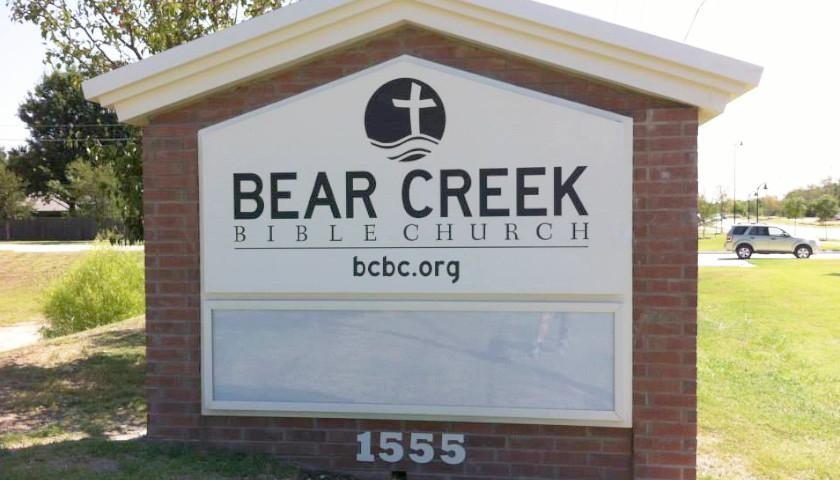A federal court of appeals ruled Tuesday that a religious management company was within its rights under the First Amendment to require employees adhere to its religious beliefs.
Braidwood Management Inc. and Bear Creek Bible Church filed a lawsuit against the Equal Employment Opportunity Commission (EEOC) in 2018, but judgment was withheld until the Supreme Court ruled in Bostock v. Clayton County in 2020 that LGBTQ employees could sue employers for discriminatory practices, according to the decision. Braidwood argued following the higher court’s decision that Title VII of the 1964 Civil Rights Act prevents them from adhering to their religious beliefs, and the 5th Circuit Court of Appeals agreed that “Title VII post-Bostock would substantially burden its ability to operate per its religious beliefs,” according to the decision.
Read More



